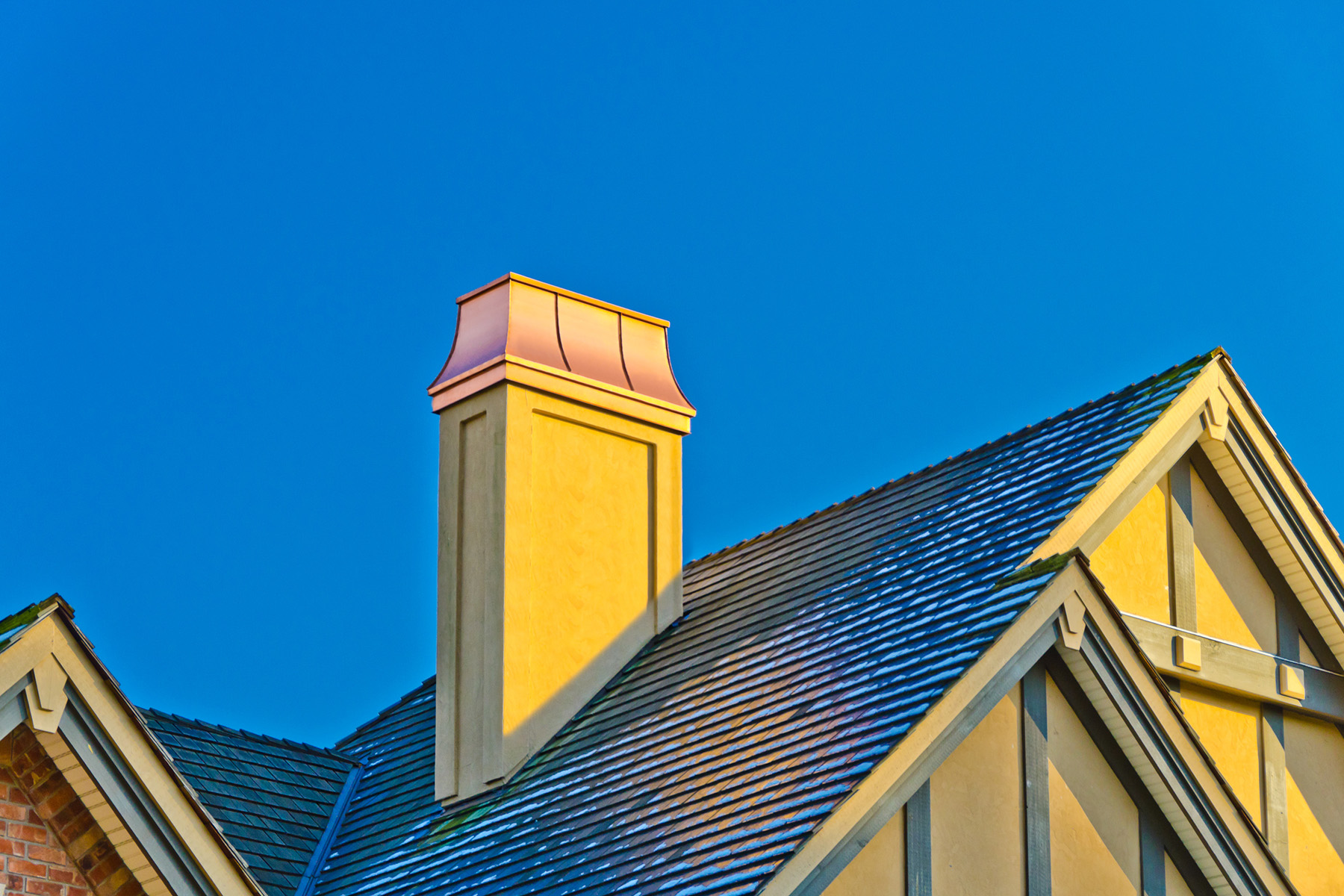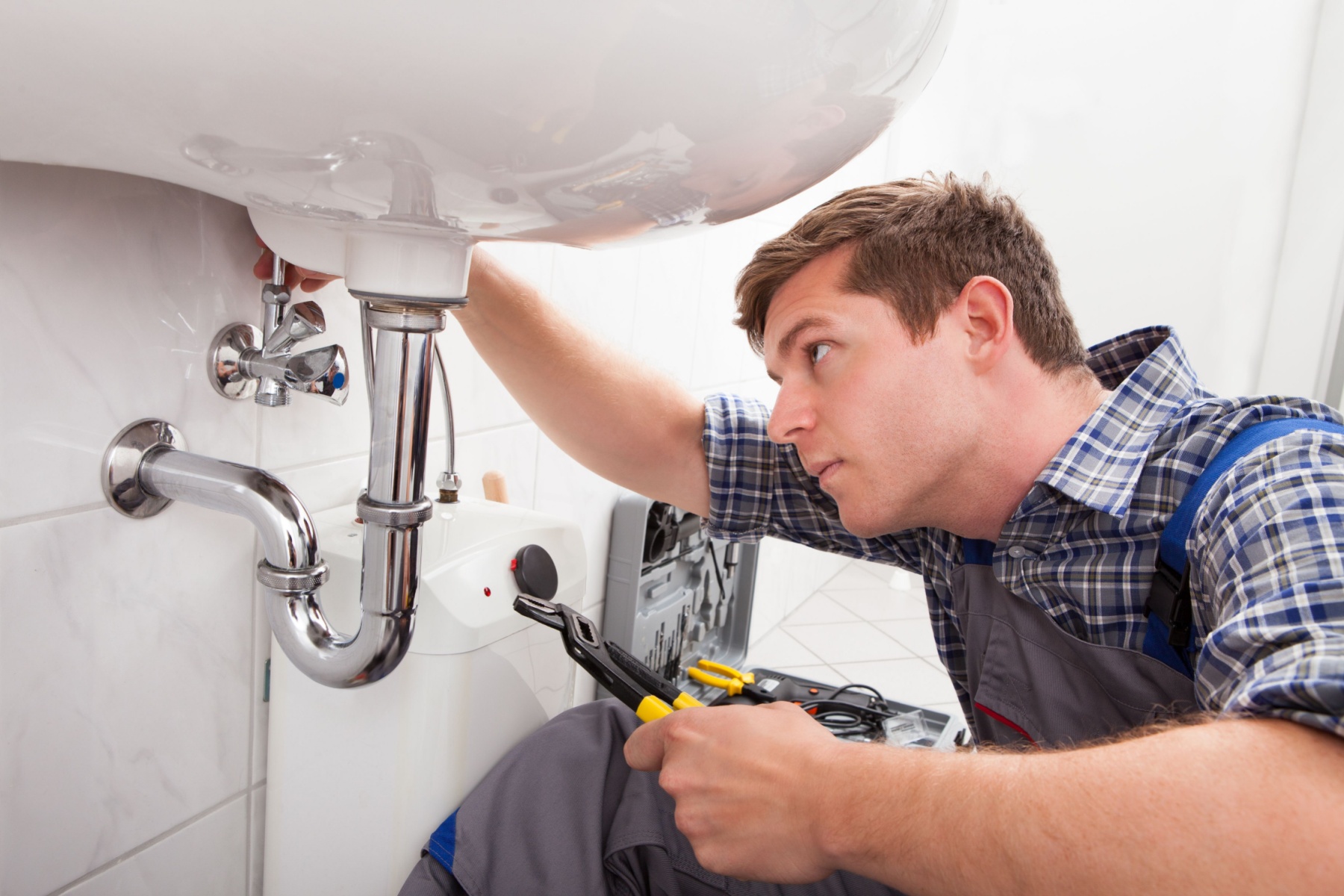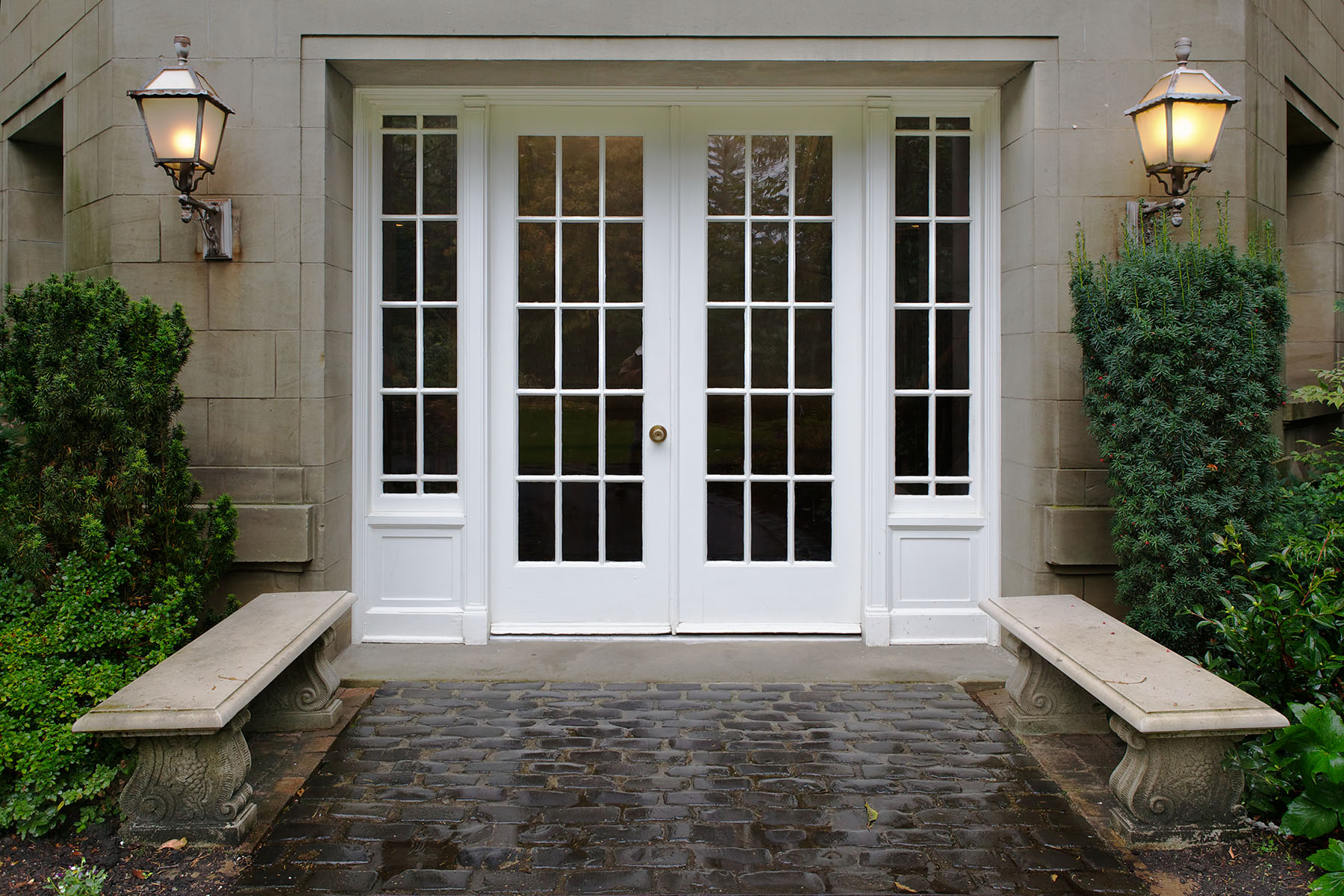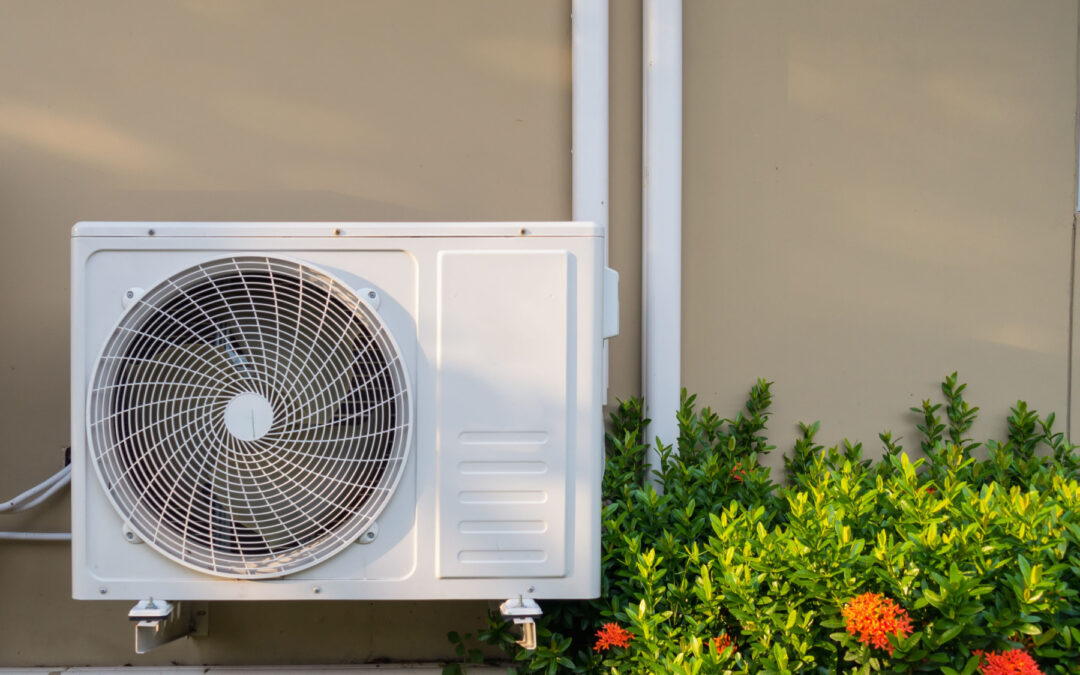Being a homeowner comes with its fair share of responsibilities. One of the most important aspects of maintaining a home is understanding the lifespan of its various systems and components. From the roof that protects us from the elements to the appliances that make our lives easier, each plays a crucial role in the functionality and comfort of our homes.
In this guide, we will delve into the lifespans of key home systems and components, providing you with valuable insights on how to maximize their longevity and ensure the safety and efficiency of your home.
Understanding the Lifespan of Your Roof

When it comes to protecting your home from the harsh elements, your roof is your first line of defense. Understanding its lifespan is crucial in planning for necessary repairs or replacements in the future. On average, a well-maintained asphalt shingle roof can last anywhere between 20 to 30 years. Factors such as climate, maintenance, and the quality of installation can all influence the longevity of your roof.
Regular inspections and routine maintenance are key in extending the lifespan of your roof. Keep an eye out for damaged or missing shingles, signs of leaks, and moss or algae growth. Clearing debris such as leaves and branches from your roof and gutters can prevent drainage issues and potential damage. In areas prone to severe weather, consider reinforcing your roof with impact-resistant materials for added durability and protection.
Maintaining Your HVAC System for Longevity
Your HVAC (Heating, Ventilation, and Air Conditioning) system plays a vital role in keeping your home comfortable year-round. With proper maintenance, you can extend its lifespan and avoid costly repairs or replacements. On average, a well-maintained HVAC system can last 15 to 20 years.
Regularly changing air filters, scheduling annual inspections, and cleaning both indoor and outdoor units are essential for optimal performance. Keep the area around your outdoor unit clear of debris and vegetation to ensure proper airflow. Consider investing in a programmable thermostat to regulate temperatures and minimize unnecessary strain on your system.
Extending the Life of Your Plumbing System

Your home's plumbing system is one of the unsung heroes, providing clean water and efficient drainage. Understanding its lifespan and implementing maintenance strategies can prevent unexpected emergencies and costly repairs down the line. Copper pipes, commonly used in residential plumbing, can last up to 50 years or more, while PVC pipes have an average lifespan of 25 to 40 years.
To extend the life of your plumbing system, be mindful of what goes down the drain. Avoid flushing non-biodegradable items and use drain screens to catch hair and debris. Insulate exposed pipes to prevent freezing during colder months, and schedule regular inspections to identify potential leaks or deteriorating pipes. Additionally, be cautious of water pressure levels, as excessive pressure can strain your pipes over time.
Electrical Systems: Lifespan and Safety Tips
The electrical system is the backbone of your home, providing power to all your appliances and devices. Understanding its lifespan and implementing safety measures is crucial for preventing hazards and ensuring the longevity of your system. Most electrical systems have a lifespan of 30 to 40 years, with regular maintenance and upgrades.
Ensuring proper grounding and using surge protectors can safeguard your electrical system from power fluctuations and potential hazards. Replace outdated wiring, especially in older homes, to minimize the risk of electrical fires and improve energy efficiency. Keep an eye out for flickering lights, frequently tripped circuit breakers, or any signs of electrical issues, and consult a licensed electrician for thorough inspections.
Appliances: Knowing When to Repair or Replace
Our appliances make our lives easier and more convenient, but they can also be a significant investment. Understanding the average lifespans of common household appliances can help you plan for repairs or replacements. Refrigerators and dishwashers typically last around 10 to 15 years, while washing machines and dryers can have a lifespan of 10 to 15 years as well.
Regular maintenance, such as cleaning filters and vents, can extend the lifespan of your appliances. However, when faced with major malfunctions or costly repairs, it may be more cost-effective to replace older models with newer, energy-efficient options. Consider factors such as energy savings, warranties, and technological advancements when making replacement decisions.
Maximizing the Lifespan of Your Home's Foundation
The foundation is the structural cornerstone of your home, ensuring its stability and longevity. Understanding how to protect and maintain your home's foundation is crucial in avoiding costly repairs and structural issues. A well-maintained foundation can last a lifetime.
To protect your foundation, ensure proper drainage around your home by directing water away from the foundation through downspouts and grading. Regularly inspect your foundation for cracks, settling, or signs of moisture, and address any issues promptly. Keep trees and shrubs planted a safe distance from your foundation, as their roots can cause damage over time. Consult foundation experts for professional inspections and repairs if needed.
Windows and Doors: How to Keep Them in Top Shape

Windows and doors not only enhance the aesthetics of your home but also provide security, insulation, and ventilation. Understanding how to maintain and protect them can extend their lifespan and maximize their functionality. On average, well-maintained windows and doors can last 20 to 30 years.
Regularly inspecting your windows and doors for cracks, rotting wood, or damaged seals can help prevent drafts, water leaks, and energy loss. Keep them clean and lubricate hinges and locks to ensure smooth operation. Consider adding weatherstripping or caulking to improve insulation and energy efficiency. When it's time for replacements, invest in energy-efficient options to decrease your utility bills and enhance your home's comfort.
Landscaping and Exterior Maintenance for Longevity
Curb appeal and outdoor spaces are essential components of any home. Maintaining your landscaping and exterior not only enhances the look of your property but also prevents potential issues and extends the lifespan of various components. Regular maintenance can help prevent erosion, drainage problems, and damaged structures.
Regularly inspect your landscaping, paying attention to signs of erosion, soil compaction, or water pooling. Properly maintain your lawn by mowing, fertilizing, and aerating regularly. Trim tree branches away from your home to prevent damage during storms. Clean and seal decks, patios, and fences to protect them from harsh weather conditions. Consider professional help for more extensive landscaping projects or tree removal.
The Importance of Regular Inspections and Maintenance
Regular inspections and preventive maintenance are key to identifying potential issues early on, prolonging the lifespan of your home systems and components, and avoiding costly repairs. Create a maintenance schedule for routine tasks such as cleaning, lubricating, and inspecting various elements of your home.
Consider hiring professionals for yearly inspections, where they can thoroughly assess your home's systems and components, identify potential issues, and provide recommendations for maintenance or repairs. Keep records of inspections, maintenance, and repairs, as they serve as valuable references for future planning and documentation.
Budgeting for Home System Replacements and Upgrades
Understanding the lifespans of your home systems and components allows you to plan and budget for necessary replacements or upgrades. Creating a financial plan and setting aside funds for these expenses can alleviate financial stress when the time comes to invest in new systems.
Research the average costs of replacements or upgrades for your specific systems and components. Consider energy-efficient options that can provide long-term savings on utility bills. Explore financing options or insurance coverage that can support you in mitigating the costs associated with major repairs or replacements. Prioritize the replacement of critical systems that impact your home's safety and functionality.
By understanding the lifespans of key home systems and components, implementing regular maintenance routines, and proactively addressing issues, you can maximize the longevity, safety, and efficiency of your home. Being a proactive homeowner ensures that you can enjoy the comfort and functionality of your home for years to come.


Recent Comments